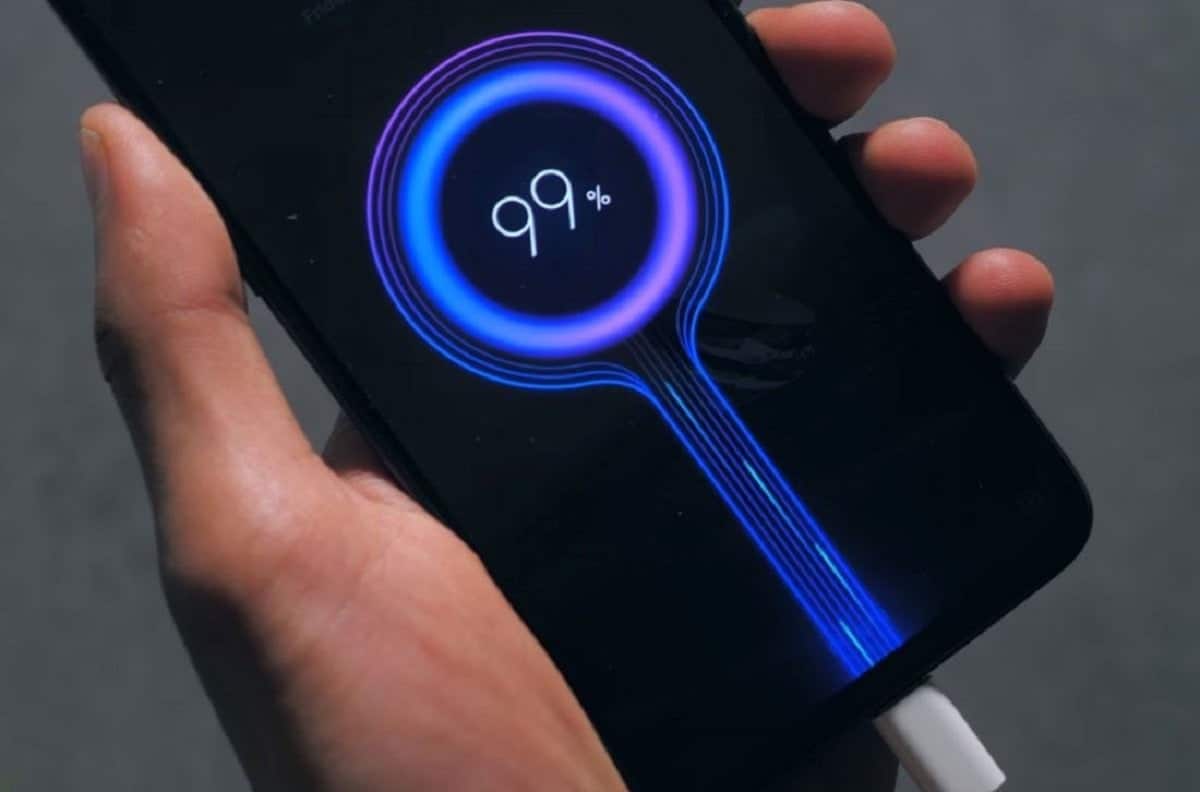In today’s dynamic world, our mobile devices have become indispensable companions. They connect us to loved ones, facilitate work, and serve as repositories for sensitive information. However, this reliance on mobile technology exposes us to potential security vulnerabilities. Public Wi-Fi networks, weak passwords, and phishing scams are all well-known threats. Yet, a lesser-discussed danger lurks in plain sight: public USB charging ports.
The Hidden Risks of Public USB Charging: Protecting Your Mobile Device in a Connected World

The convenience of finding USB charging stations in airports, cafes, libraries, and even public transportation is undeniable. They offer a lifeline to a dying battery, preventing us from being disconnected during critical moments. However, this convenience comes with a potential security risk known as Juice Jacking. This method exploits the data transfer capabilities of USB ports to steal information or inject malware onto unsuspecting users’ devices.
Understanding Juice Jacking: How Hackers Exploit Public Ports
Juice Jacking leverages the dual functionality of USB ports: charging and data transfer. Malicious actors can tamper with public charging stations by installing modified hardware or software. These modifications allow them to intercept data or inject malware onto a connected device.
Here’s how it works:
- Hardware Tampering: Attackers can physically modify charging stations to include malicious circuitry. This circuitry can steal data or redirect the device to a compromised server that installs malware.
- Infected Cables: Hackers might leave infected cables plugged into public stations. When a user connects their device to the cable, malware can be transferred directly.
- “Charging Only” Cables (Deception): Some attackers might provide seemingly legitimate “charging only” cables. However, these cables might be modified to bypass security protocols on the device, allowing unauthorized data transfer.
The Consequences of Juice Jacking: Protecting Your Data
The consequences of falling victim to Juice Jacking can be severe. Stolen data might include:
- Login Credentials: Hackers could steal usernames and passwords for email, social media accounts, or banking applications.
- Financial Information: Sensitive financial data stored on the device or accessible through compromised apps could be exposed.
- Personal Data: Contacts, photos, messages, and other personal information could be accessed.
- Malware Installation: Infected devices might unknowingly download malware that compromises the entire system, allowing further data theft or disrupting device functionality.
Safeguarding Your Device: Practical Measures for Secure Charging
While the existence of Juice Jacking might seem alarming, there are practical steps you can take to safeguard your device:
- Always Carry Your Own Charger: This eliminates the need to rely on potentially compromised public ports. Pack a portable charger and charging cable whenever you anticipate needing to recharge your device on the go.
- Invest in Data-Blocking Cables: Some manufacturers offer USB cables specifically designed for charging only. These cables physically prevent data transfer, ensuring that your device remains secure even when connected to a public port.
- Utilize Power Banks: Portable power banks offer a safe and convenient alternative to public charging stations. Invest in a high-capacity power bank to keep your device powered throughout the day.
- Be Wary of Unfamiliar Cables: Avoid using charging cables left unattended at public stations. If a cable is provided by the establishment, inspect its condition for any signs of tampering.
- Enable “Charging Only” Mode (if available): Some mobile devices offer a “Charging Only” mode that restricts data transfer when connected to a USB port. Explore your device’s settings and activate this feature if available.
- Maintain Security Updates: Keeping your device’s operating system and security software up-to-date ensures you have the latest protection against known vulnerabilities. This includes patching security holes that could be exploited by Juice Jacking attacks.
- Exercise Caution with Public Wi-Fi: Public Wi-Fi networks can be another avenue for hackers. If you must connect to a public Wi-Fi network, consider using a Virtual Private Network (VPN) to encrypt your data traffic.
Emerging Technologies: Securing the Future of Public Charging

The need for public charging stations is undeniable. Fortunately, advancements in technology are paving the way for secure public charging solutions. Some concepts include:
- Power Delivery over Ethernet (PoE): This technology eliminates the need for separate data and power cables, minimizing the risk of data transfer during charging.
- Wireless Charging Pads: Wireless charging offers a contactless solution, eliminating the physical connection point altogether.
- Smart Charging Stations: These stations could be equipped with authentication protocols that require user authorization before data transfer can occur.
While these technologies are promising, they are not yet widely adopted. Therefore, it is essential to remain vigilant and employ the recommended practices when utilizing public charging stations.
A Balancing Act – Convenience vs. Security
Public USB charging stations offer a valuable service in today’s mobile-dependent world. However, the potential security risks associated with Juice Jacking necessitate a cautious approach. Fortunately, by adopting the recommended practices and staying informed about emerging secure charging technologies, you can continue to enjoy the convenience of public charging while minimizing the risk to your data and device security.
Beyond Public Charging: Comprehensive Mobile Security
Securing your mobile device extends beyond public charging stations. Here are some additional best practices to consider:
- Utilize Strong Passwords and Multi-Factor Authentication: Implement complex, unique passwords for all your accounts, and enable multi-factor authentication (MFA) whenever possible. This adds an extra layer of security that makes it significantly harder for attackers to gain unauthorized access.
- Beware of Phishing Attempts: Phishing emails and text messages are designed to trick you into revealing sensitive information or clicking on malicious links. Remain vigilant, never click on suspicious links, and be cautious about downloading attachments from unknown senders.
- Download Apps from Trusted Sources: Only download applications from official app stores, such as the Apple App Store or Google Play Store. These stores have vetting processes in place to minimize the risk of downloading malware.
- Be Mindful of App Permissions: Review the permissions requested by apps before downloading them. Be wary of apps requesting access to unnecessary features or data.
- Regularly Back Up Your Data: Regular backups ensure that even if your device is compromised, you can restore your data without significant loss. Utilize cloud storage services or a physical storage device for regular backups.
- Report Suspicious Activity: If you suspect your device has been compromised, take immediate action. Change your passwords, scan your device for malware, and report the incident to the relevant authorities.
By following these comprehensive security practices, you can significantly enhance the overall security posture of your mobile device, not just when using public charging stations, but in all aspects of your mobile usage.
Looking Ahead: A Securely Connected Future
The demand for mobile connectivity and readily available charging solutions will continue to grow. As technology advances, secure public charging solutions will likely become more prevalent. Collaborative efforts between manufacturers, security experts, and policymakers are crucial to ensure a future where public charging stations offer both convenience and robust security.
In the meantime, by remaining informed and adopting a security-conscious approach, we can continue to leverage the power of mobile technology without compromising our data privacy and device security.




